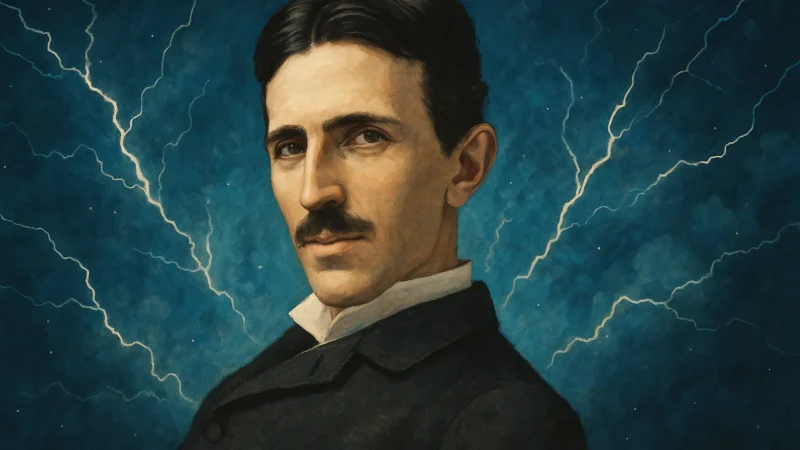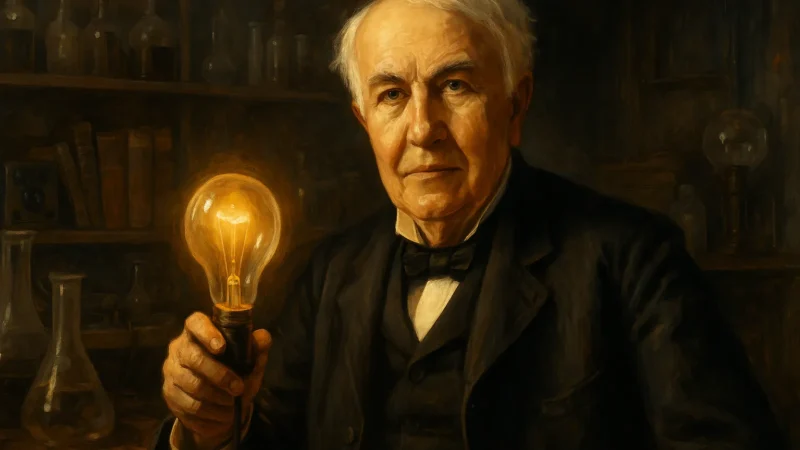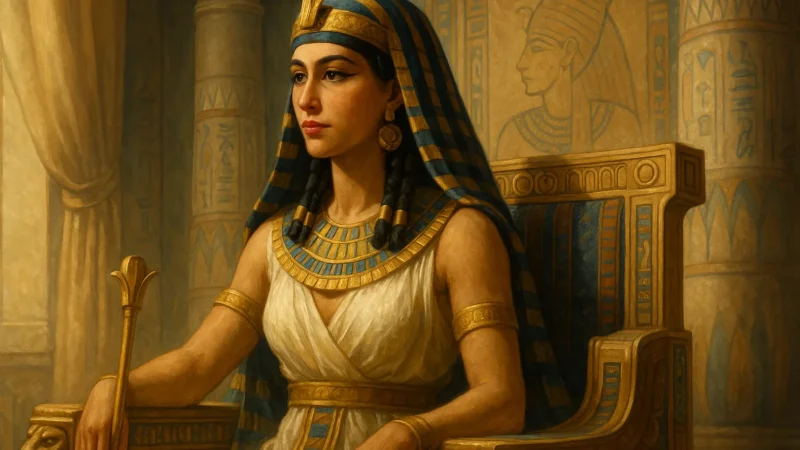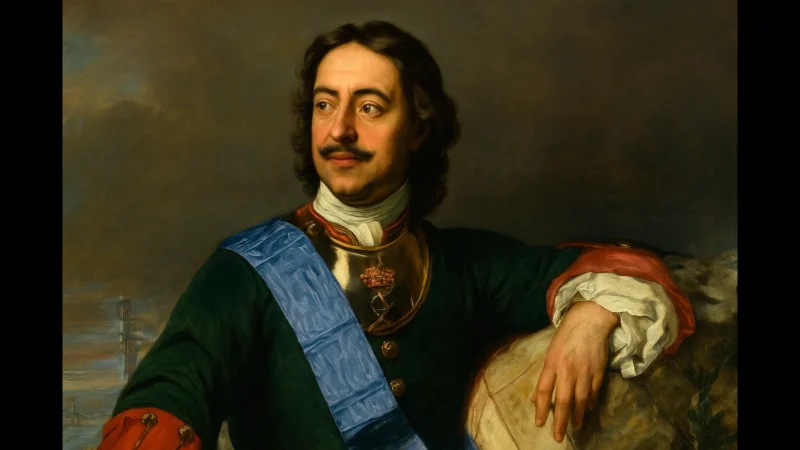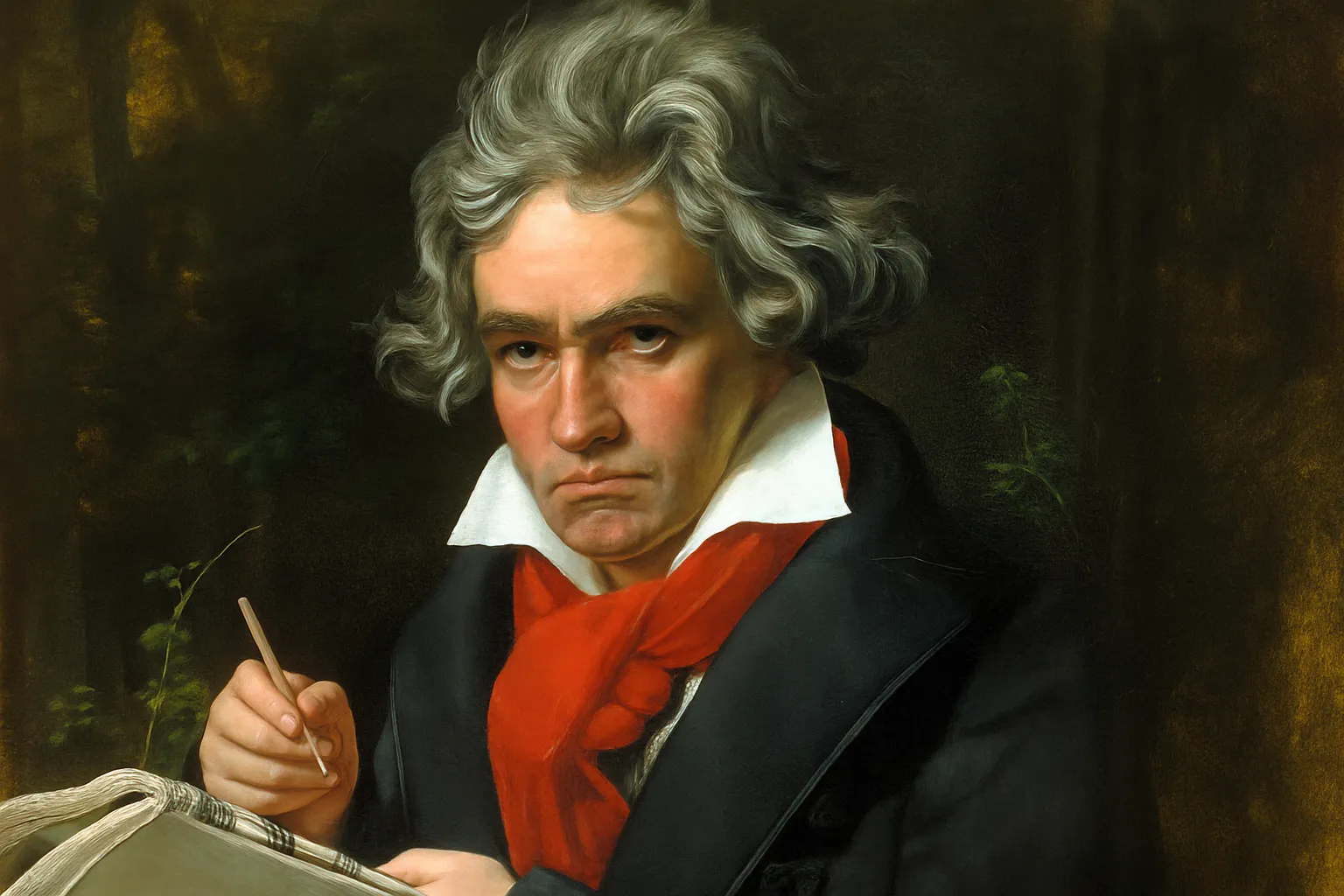Biography of Wolfgang Amadeus Mozart: The musical genius
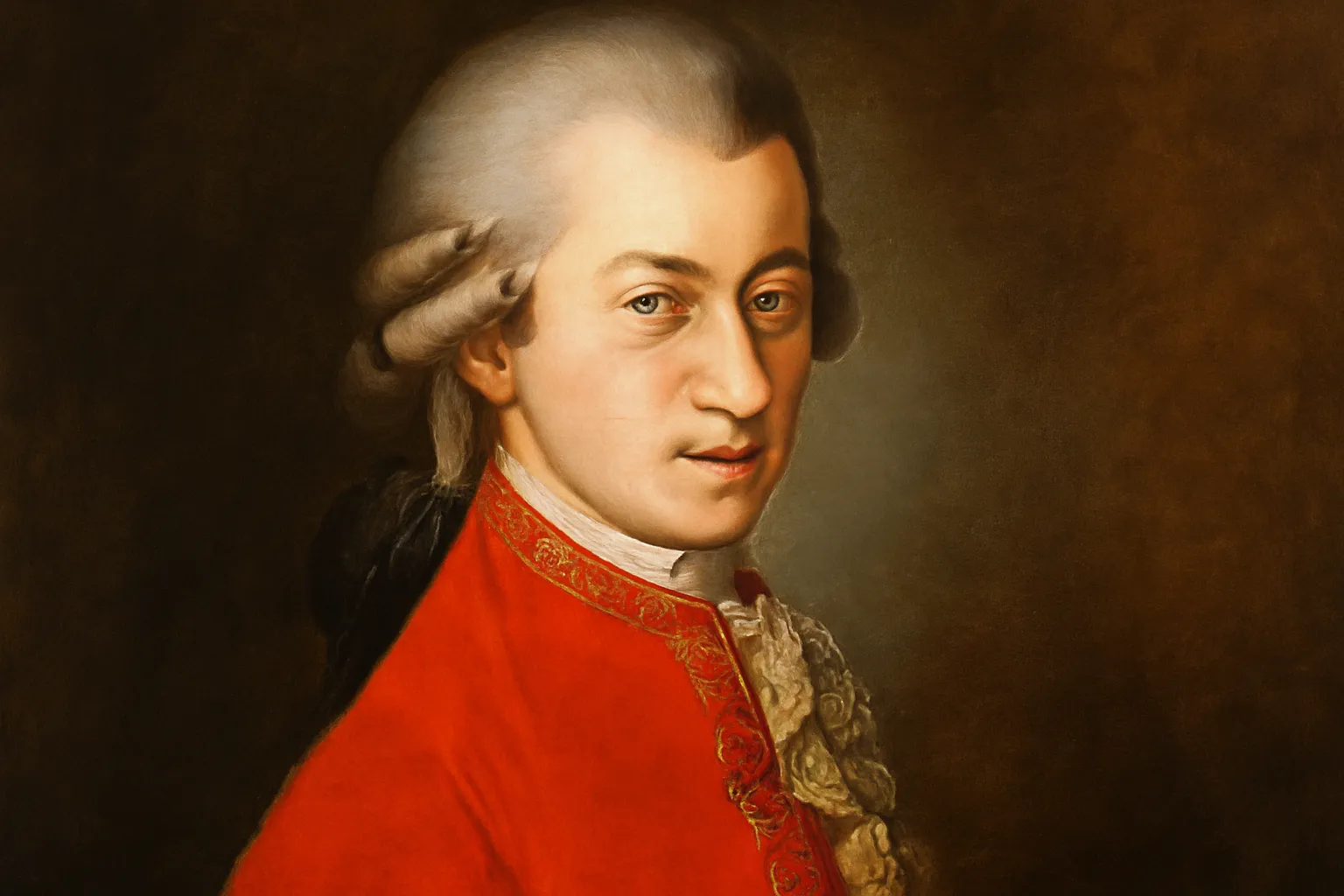
Wolfgang Amadeus Mozart, one of the most influential and prodigious composers in the history of classical music, was born on January 27, 1756, in Salzburg, Austria. From his early childhood, Mozart displayed exceptional musical talent, allowing him to compose, perform, and conduct at an extraordinarily young age. Over the course of his life, he composed more than 600 works across a wide range of genres, including symphonies, concertos, chamber music, operas, and sacred music, many of which have become pillars of Western classical repertoire.
Mozart’s story is one of genius, struggle, and sacrifice. His life was marked by both his supernatural talent and the difficulties he faced in his personal and professional life. Despite enduring financial hardships and a lack of recognition at many points in his career, Mozart left behind a musical legacy that continues to be admired worldwide. This article explores Mozart’s life, achievements, and legacy, as well as the influences and circumstances that contributed to his brilliant career.
A Child Prodigy
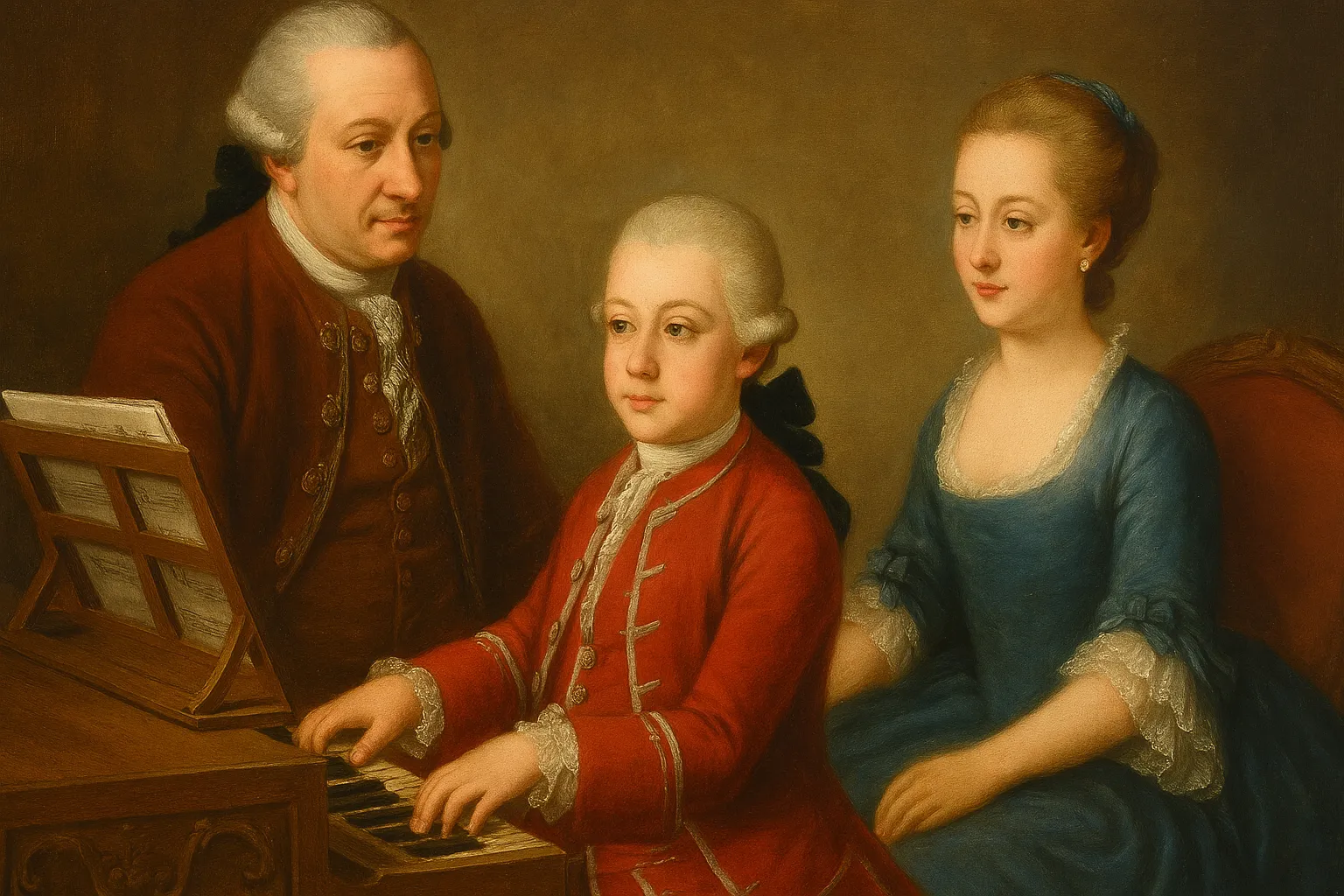
Wolfgang Amadeus Mozart was born into a musical family. His father, Leopold Mozart, was a composer and violinist at the court of Salzburg, and his mother, Anna Maria, was a woman of great fortitude. The Mozart family had a rich musical tradition, and it was Leopold who took charge of Wolfgang’s musical training, as well as that of his sister, Maria Anna Mozart (known as “Nannerl”).
From an early age, Mozart demonstrated an incredible aptitude for music. By the age of three, he could play the harpsichord, and at five, he began composing small musical pieces. By the age of six, he made his public debut as a pianist and violinist, and very soon, he was recognized as a prodigy. His father, taking advantage of his talent, began taking him on tours across Europe, where the young Mozart could display his virtuosity at royal courts of the time.
During his early years, Mozart composed numerous pieces, including his first sonatas and concertos for piano. Throughout these travels, he performed for prominent figures of the era, such as Empress Maria Theresa of Austria and King Louis XV of France.
Expanding His Talent
As Mozart grew, his career expanded further. By the age of 13, he had already composed an opera, “La finta semplice”, and several symphonies. Throughout his adolescence, Mozart traveled extensively, performing in major European cities such as Paris, London, and Vienna. During these travels, he had the opportunity to meet other influential composers and musicians of the time, which helped refine his style and broaden his musical vision.
In his youth, Mozart also studied and absorbed the influences of major contemporary composers like Joseph Haydn, Carl Philipp Emanuel Bach, and Johann Christian Bach, who influenced his development as a composer. However, despite his early fame, Mozart faced many challenges. The economic independence he sought was never easy to attain, as his family kept him under strict supervision, and his career as a professional musician was difficult due to the fierce competition in Vienna, the city that would later become his home.
Recognition and Personal Struggles
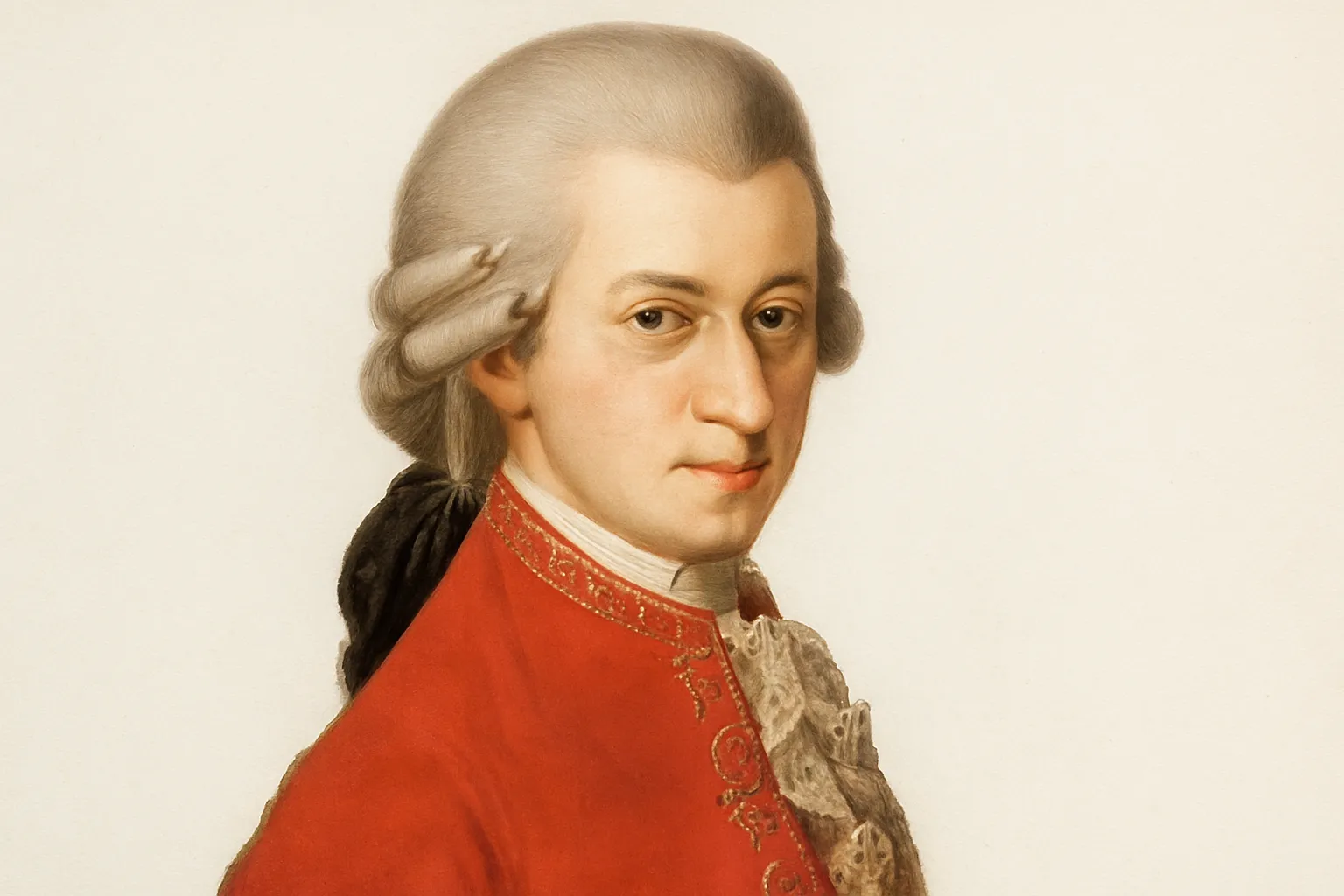
In 1781, at the age of 25, Mozart moved to Vienna, the cultural capital of Europe, where he would begin a career that would be both successful and problematic. In Vienna, Mozart married Constanze Weber in 1782, and together they had six children, though only two survived infancy. Mozart’s family life was turbulent, and his health began to deteriorate due to professional stress, financial worries, and personal difficulties.
During his time in Vienna, Mozart composed some of his most famous works, such as the opera “The Marriage of Figaro” (1786), “Don Giovanni” (1787), and “The Magic Flute” (1791). These works were groundbreaking both musically and dramatically, and they remain among the best in the operatic repertoire. However, despite the quality of his work, Mozart was not always recognized or well-rewarded for his art.
Mozart struggled to find patrons and secure financial support, as he was often unable to secure long-term contracts at the imperial court or with other institutions. Despite growing recognition as a composer, his financial difficulties were ever-present, leading to considerable stress in his personal and family life.
Decline and Death
In the final years of his life, Mozart suffered a series of personal and professional setbacks. His health began to deteriorate, and some contemporary reports suggest that he was in debt and struggling to make ends meet. Moreover, he found himself in fierce competition with other musicians of the time, which further exacerbated his stress.
In 1791, Mozart began composing some of his most profound and significant works, such as the “Requiem Mass” (which remained unfinished due to his death), “The Magic Flute”, and “La Clemenza di Tito”. Despite his deteriorating health, Mozart continued to work intensely, as though he were presaging his death.
Wolfgang Amadeus Mozart died on December 5, 1791, at the age of 35. The cause of his death remains debated, with theories ranging from rheumatic fever, poisoning, or kidney disease. His funeral was modest, and many of the details of his death and burial remain shrouded in mystery.
Legacy and Posthumous Recognition
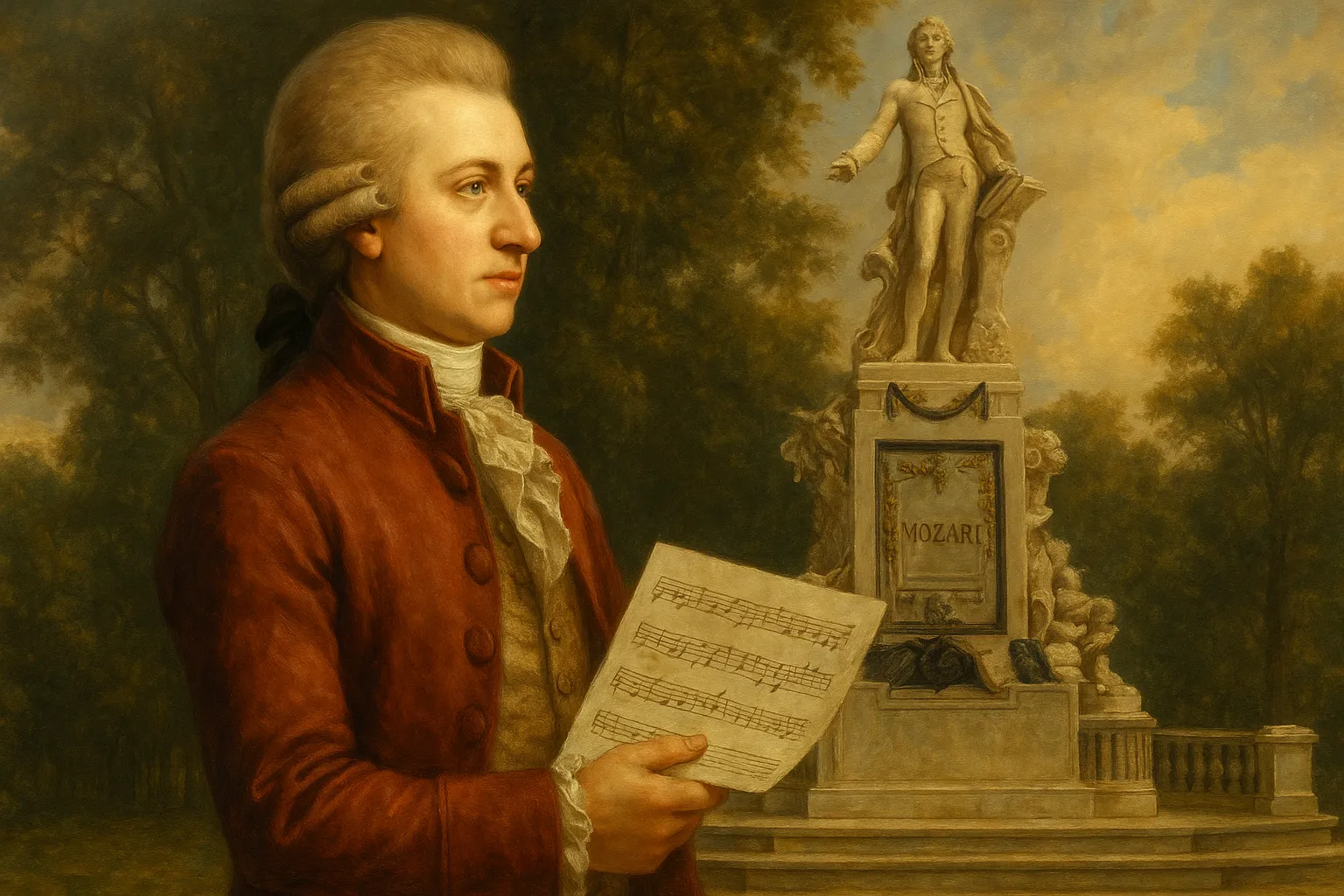
Despite the hardships he faced during his life, Mozart’s legacy has endured through the centuries. His music remains a cornerstone of classical music, and his influence extends beyond music, as his innovative approach to composition and his ability to merge music with human emotion have left an indelible mark on cultural history.
Mozart’s Requiem, a monumental work he could not finish, has become one of his most powerful testaments to his genius. The fact that so many of his compositions have transcended time and continue to be performed worldwide is proof of his mastery.
A Genius That Transcends Time
Wolfgang Amadeus Mozart was a composer who defied the musical conventions of his time and left an indelible mark on the history of music. His life was short but full, marked by his prodigious talent, financial struggles, and his fight for recognition. Despite the obstacles, his music continues to be admired and celebrated for its beauty, complexity, and ability to touch the human soul. Over the centuries, his legacy endures, and his name has become synonymous with genius and musical mastery. Through his efforts, Mozart revolutionized music and paved the way for future generations of composers.
Today, Mozart’s story serves as a testament to the power of scientific curiosity, perseverance, and dedication to human welfare. Thanks to his research, the modern world has made significant strides in the fight against diseases and in improving the quality of life, leaving an indelible mark on the history of science.

